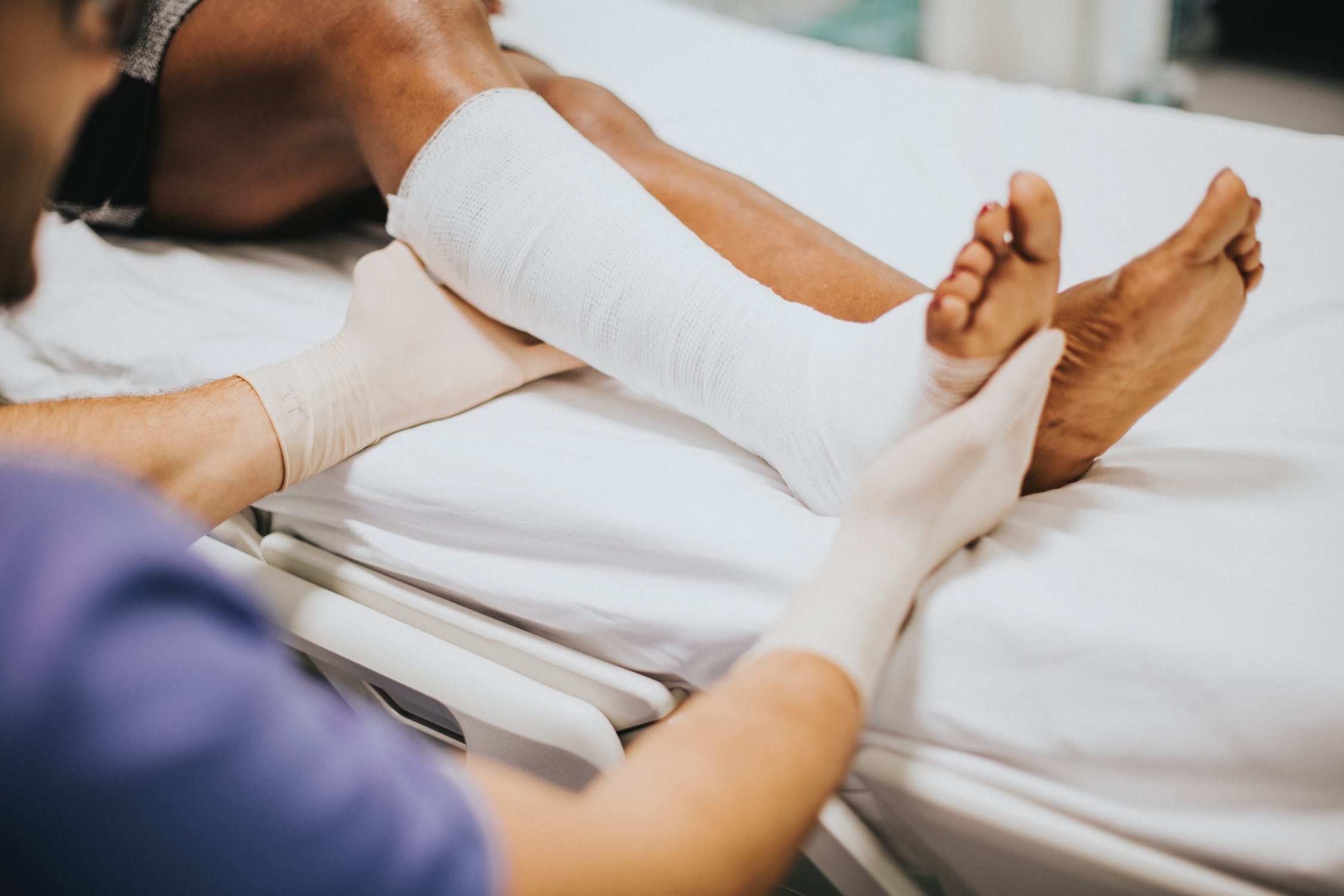How long do I have to file a Personal Injury Claim in Georgia?
When it comes to Personal Injury claims, there’s generally two types of injuries:
- Intentional Injuries: Where someone harms you and means to harm you. This is usually done with malicious and/or criminal intent and will likely result in charges being brought against the person who injured you or your loved one.
- Accidental Injuries: Injuries caused by freak accidents and non-criminal negligence. People aren’t likely to face charges in this situation unless you have a situation like a drunk or distracted driver.
Some people who are prosecuted for intentional injuries can also face civil liability in the form of personal injury suits. You can sue someone for an injury or death caused by their criminal activities. A good example of this would be a drunk driving accident that left an innocent person partially paralyzed. Not only would the drunk driver face criminal charges (drunk driving is against the law, after all), the injured driver can sue the drunk driver to recover damages from the accident.
Other times, the at-fault party won’t be looking at criminal charges; however, that doesn’t mean they can’t be held liable. In many accidental injury or death cases, the person who is injured or loses a loved one can file a civil lawsuit against the at-fault party to collect damages for medical expenses, pain and suffering, and lost income, etc. Let’s say that a child is swimming at a summer camp and drowns. In this case, the camp supervisors were supposed to be watching the child swim in the pool but the lifeguard was off flirting with someone and not paying attention. The lifeguard turns around after 5 minutes and the child is floating lifeless in the pool.
Though the camp is responsible for the child’s accidental death, the lifeguard didn’t necessarily commit a crime. In this case, the child’s parents can sue the camp for their child’s wrongful death. Usually, a claim of this nature would be filed against the camp’s liability or property insurance policy.
The Statute of Limitations in GEORGIA
If you were injured in a car accident, a pedestrian accident, or because of a dangerous product, a dangerous dog, or hazardous property condition, you must file a claim within Georgia’s statute of limitations, which is the deadline for filing a claim. If you delay and you file after this time period expires, the court will deny your claim and you will have no legal recourse.
In Georgia, you must file a personal injury claim within TWO YEARS of the date of the injury. If the injury claim is against a municipality or county, you ONLY HAVE SIX MONTHS to file a claim; however, you do have TWO YEARS for claims filed against the state.
The State of Georgia does not have a cap on damages for personal injury or medical malpractice cases. This is good because it allows jurors to award what they think is fair, no matter the amount. This is because in 2010, the Georgia Supreme Court ruled that imposing such caps would violate people’s rights to a trial by jury under the state’s constitution. For more information about personal injury cases in Georgia, check out Title 51 of the Georgia Code.
If you or a loved one has been injured in an accident through no fault of your own, contact the attorneys at Harmon and Gorove today to find out how we can assist you in recovering the maximum amount of damages for you injury. We have decades of experience and work with one of the best personal injury teams in the state. We will fight for you!


